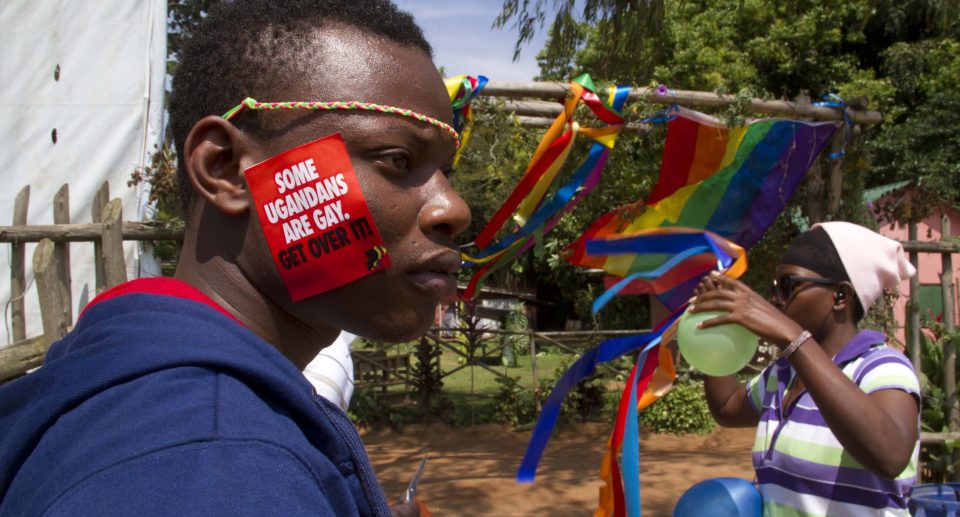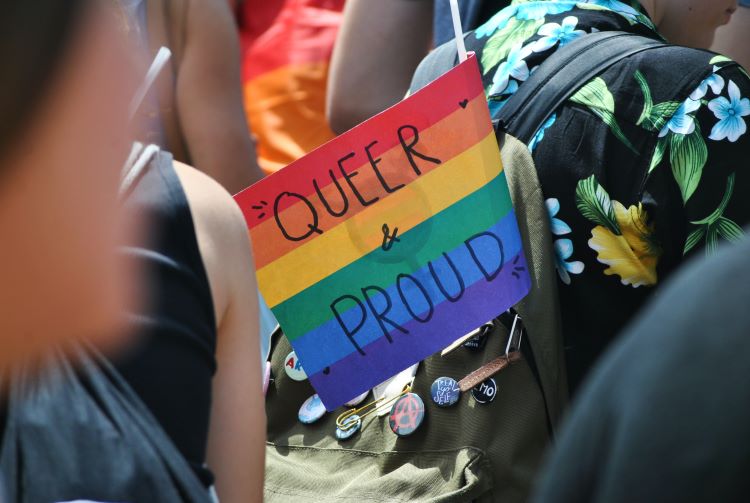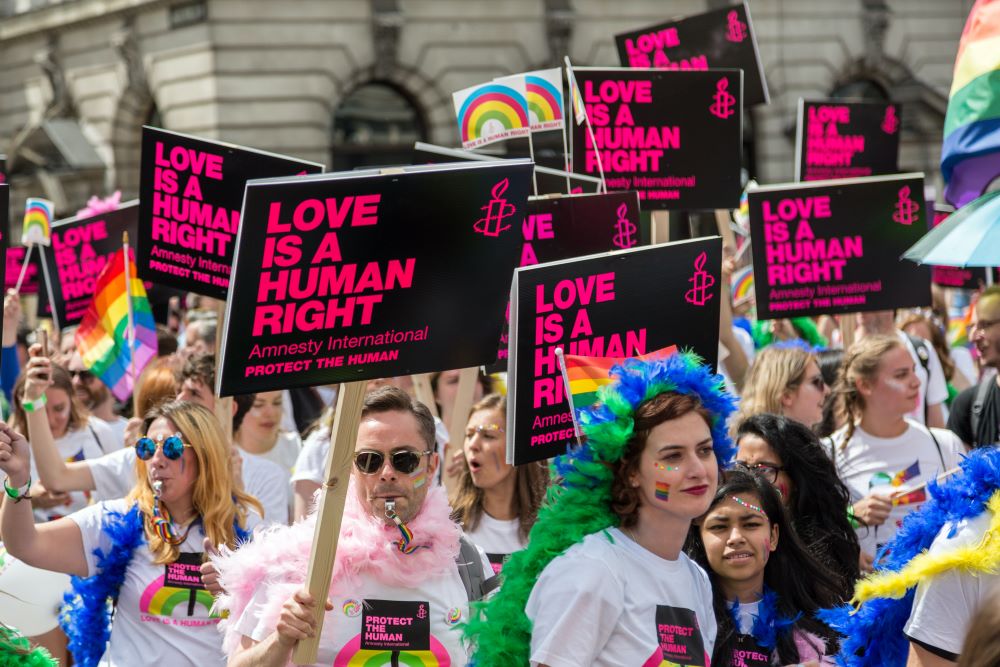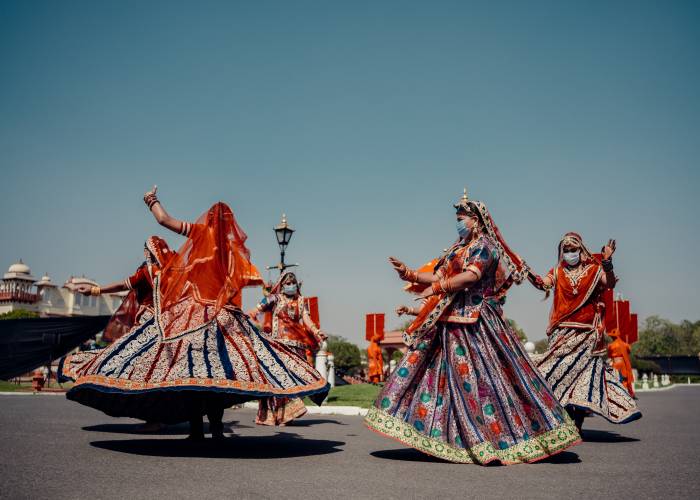The Ugandan Anti-LGBTQ Law: Why Travelers Need to be Aware

As travelers, we have the privilege to explore new cultures, meeting new people, and experience different ways of life. However, for LGBTQIA+ travelers, things may differ. As it’s important to recognize that not all destinations are proud and welcoming in nature. There are still some countries that have laws that put members of the community at risk.

One such country is Uganda, which recently passed an Anti-LGBTQ law, criminalizing same-sex relations and imposing harsh penalties on those who violate it. This law not only puts the LGBTQIA+ community at risk but also property owners, journalists, and anyone who associates with them.
For LGBTQIA+ travelers, this can be a challenging and concerning issue. It’s essential to do your research before traveling to any destination and understand the laws and cultural norms that may affect your safety and well-being. While it’s disheartening to see the discrimination faced by the LGBTQIA+ community in Uganda, it’s important to remember that there are many destinations that are LGBTQIA+ friendly and welcoming.
In fact, there are many countries and cities around the world that have made significant strides in LGBTQIA+ rights and equality. From Amsterdam to Berlin, Sydney to San Francisco, and many more, these destinations are known for their vibrant LGBTQIA+ communities, pride events, and welcoming attitudes.
As an inclusive experiential travel brand, we have named a few websites that are meant for our #proud travelers. Websites such as
IGLTA – the leader of LGBTQ tourism, is members include hundreds of airlines, hotels, destination tourism offices, and independent tour operators, both LGBTQ-owned and mainstream.
Travel + Leisure – launches regular LGBT travel ideas on their website.
Out Traveler – once a print magazine, still publishes and maintains up-to-date LGBTQ city guides on its website.
AfterEllen – Regularly publishes lesbian travel guides.
TravelGay – Provide comprehensive city guides for destinations around the world.
Furthermore, it’s essential to support organizations and initiatives that work towards LGBTQIA+ rights and equality in countries where discrimination and persecution are rampant. By supporting these organizations, we can help make a difference and show our solidarity with the global LGBTQIA+ community.

In conclusion, it’s important to be aware of the laws and cultural norms that may impact LGBTQIA+ travelers’ safety and well-being and to choose destinations that are LGBTQIA+ friendly and welcoming. We can use our voices, actions, and resources to support the global fight for LGBTQIA+ rights and equality and make a positive impact in the world.








